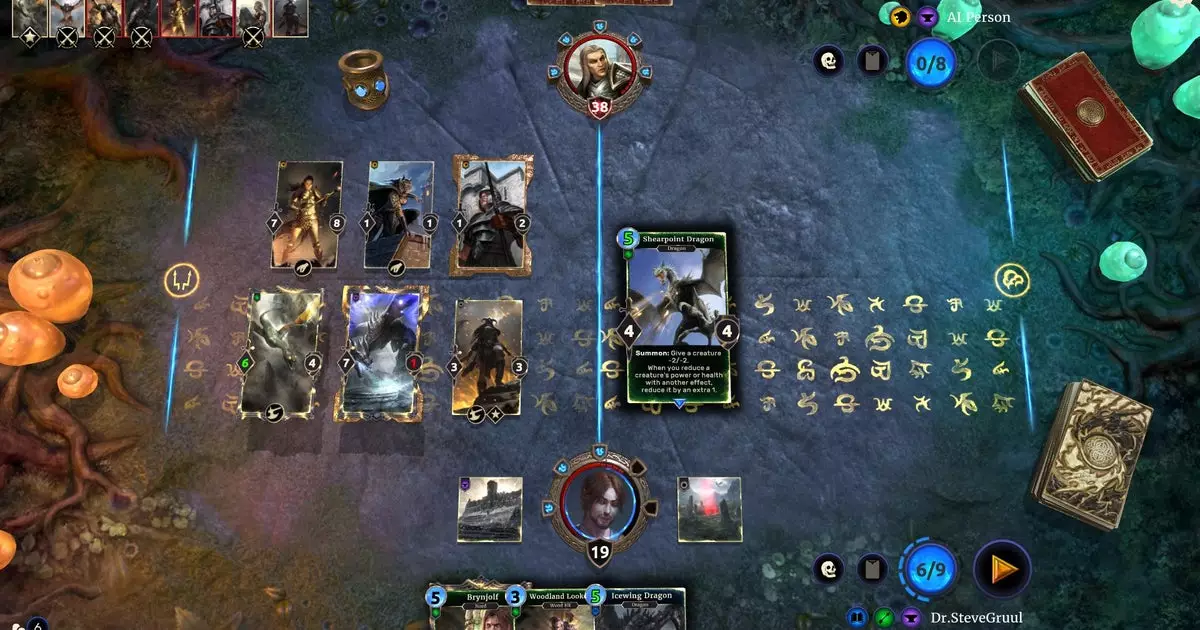The closure of *The Elder Scrolls: Legends* has sent ripples through the community of card game enthusiasts. Announced with an official message on its Steam page, the free-to-play game will cease operations on January 30, 2025, marking a definitive end to a title that, despite its potential, struggled to maintain the momentum required for sustained success. The decision follows a notable absence of updates that have left many players feeling abandoned and disillusioned. Strikingly, this cessation of service, akin to a digital guillotine, raises questions about the longevity of similar games immersed in the live-service model.
According to the last in-game message, all purchasable items and event entries have been reduced to a mere 1 gold, prompting players to indulge in the full offerings of the game before its impending exit. While this gesture may seem generous on the surface, it underscores the broader issue of game preservation and consumer rights. Unlike traditional media, such as books or films, which retain their value and accessibility over time, many online games, particularly those reliant on live services, can vanish without a trace. The fate of *Legends* serves as a poignant reminder of the precariousness of digital gaming experiences and the fragility inherent in a genre often characterized by its fleeting nature.
When released in 2017, *The Elder Scrolls: Legends* was hailed as a potential rival to *Hearthstone*, with its innovative rune system promising a fresh strategic layer to gameplay. However, critical reception noted that its Elder Scrolls backdrop might have ultimately hindered broader appeal. The seemingly slow death of the game following its last update in 2019 paints a disheartening picture of a project that never realized its full potential. It begs the question: what led to such a significant drop in support for a game that initially held so much promise?
The mere notion that an entire game and its community can be dismissed so summarily sheds light on the inherent risks tied to the free-to-play and live-service model. Shouldn’t players’ investments of time and resources lead to a more dignified outcome than a sudden plunge into obscurity? It raises an ethical discussion surrounding the responsibilities game developers bear toward their audiences—a consideration that is woefully neglected in many cases.
As the digital landscape continues to evolve, the fate of *The Elder Scrolls: Legends* shines a spotlight on a crucial dilemma within video game culture: the ephemeral nature of online games. Unlike any other medium, gaming appears to ignore the principle of legacy, with countless titles relegated to the digital void after short-lived lifespans. These factors provoke discomfort and concern among the gaming community, prompting a wider dialogue about the inherent value of video game preservation.
While *The Elder Scrolls: Legends* may have had a limited audience, its upcoming closure represents a deeper cultural issue troubling the gaming industry—one that warrants serious reflection as we move forward into an increasingly digital-first future.


Leave a Reply